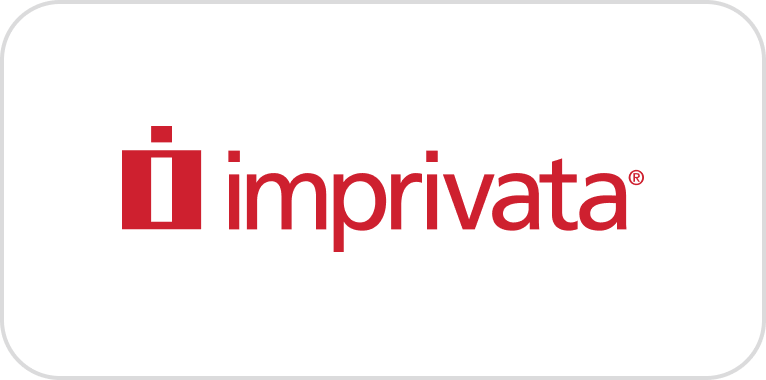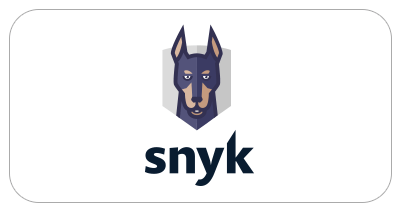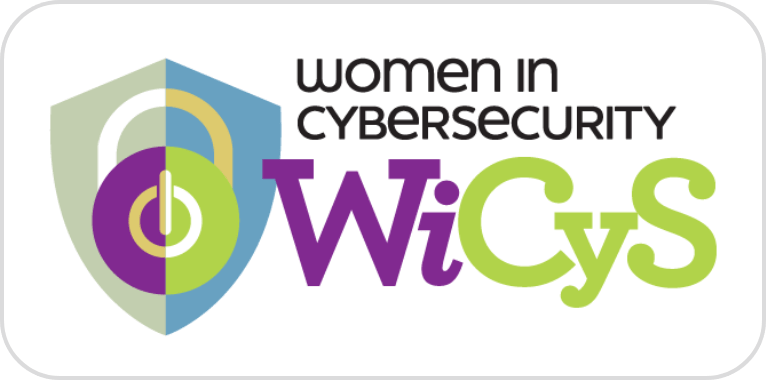Insider hazards are becoming more complicated and challenging to identify, whether they are caused by irate workers, unintentional behaviour, or even well-meaning employees falling for phishing scams. These internal threats pose serious dangers to sensitive data and the confidence that both consumers and regulators have in institutions in the highly regulated financial industry of the UK.
For instance, a well-known incident in recent years featured a trusted employee unintentionally giving attackers access through a skilfully designed phishing assault. This hack demonstrated how readily insiders, acting carelessly or maliciously, can take advantage of weaknesses in an organization’s security infrastructure, even in the face of robust external protection measures. Research shows that a large percentage of data breaches in the financial sector are caused by insider threats, such as social engineering, power abuse, and human mistake. The integrity of even the best-defended systems is compromised by these threats, which frequently evade sophisticated perimeter protection mechanisms.
In order to investigate how financial organisations may successfully handle internal threats without sacrificing organisational efficacy or employee trust, this panel brings together specialists. Implementing zero-trust security models, using AI-driven behavioural analytics to identify anomalous activity, and putting a strong emphasis on staff training to lower human error are all important tactics. The conversation will provide practical advice on how to safeguard important information and create a cybersecurity-aware culture at all organisational levels.
Key Takeaways:
- Experience artificial intelligence in action by learning how it may be used to identify unusual patterns of behaviour and swiftly address insider threats before they become more serious.
- Find the correct balance and discover how to put security measures in place that safeguard private information without compromising worker trust or productivity.
- Learn the importance of developing a strong cybersecurity mind-set at all leadership levels to guarantee proactive threat detection, prevention, and a safe corporate culture.
















